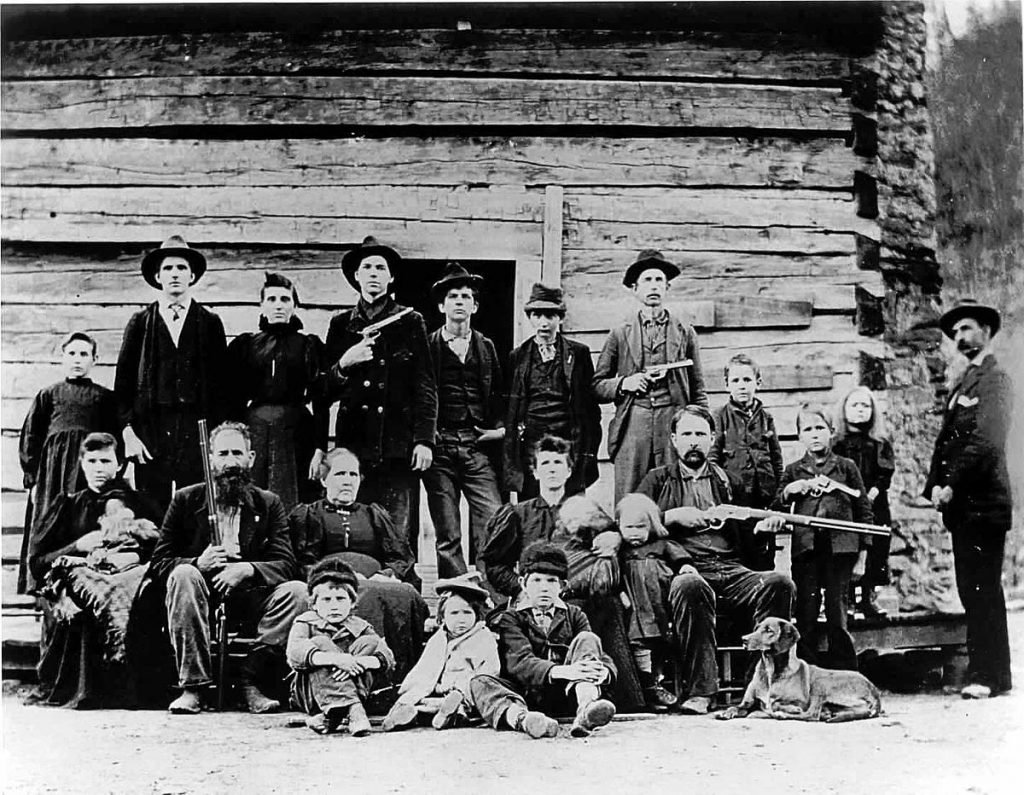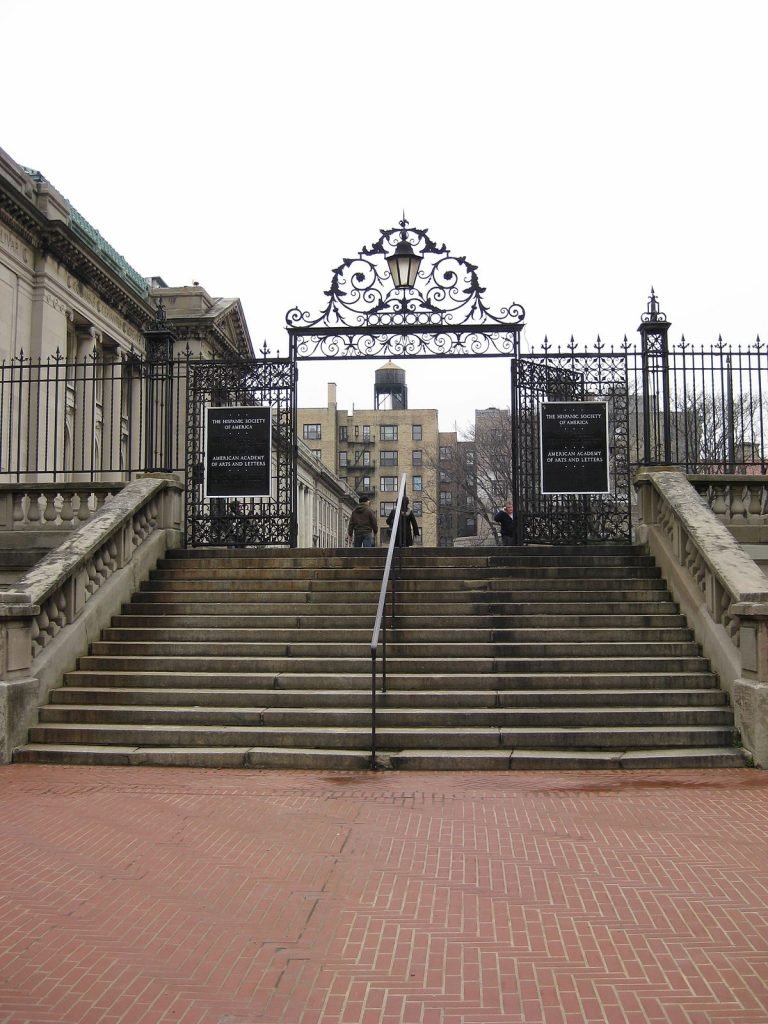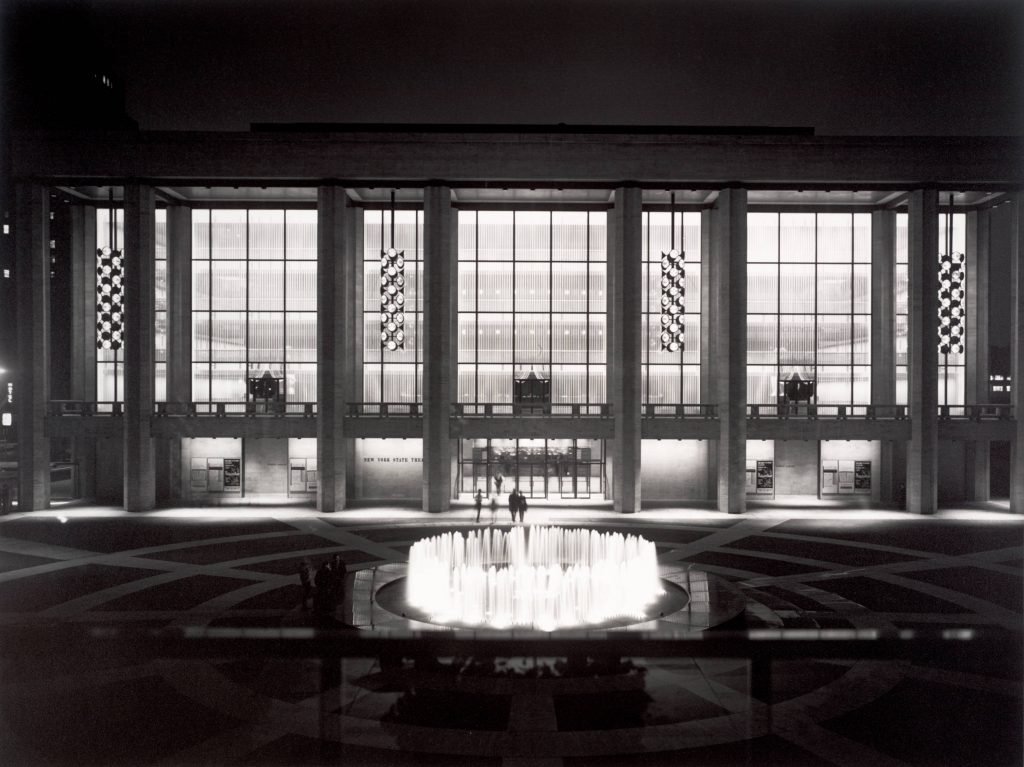This Day in History is DUE’s daily dose of trivia for all the history buffs out there. So sit back and take a ride to all the fascinating things that happened today!
People are trapped in history and history is trapped in people, and hence, every day has been a significant one in the foibles of History. Let’s take a tour of “This Day in History – 23rd of April”.
1516 The German Beer Purity Law
Duke Wilhelm IV of Bavaria endorses “The German Beer Purity Law” (Reinheitsgebot) and adds to it standards for the sale of beer in Bavaria, ensuring beer is only brewed from three ingredients – water, malt, and hops.
1597 William Shakespeare’s “The Merry Wives of Windsor” is first performed, with Queen Elizabeth I of England in attendance
1635 Oldest US public institution, Boston Latin School founded

On April 23, 1635, the first public school in what would become the United States was established in Boston, Massachusetts. Known as the Boston Latin School, this boys-only public secondary school was led by schoolmaster Philemon Pormont, a Puritan settler. The Boston Latin School was strictly for college preparation.
1827 Hamilton’s ‘Theory of Systems of Rays’ is born
Irish mathematician and astronomer William Rowan Hamilton presents his Theory of Systems of Rays. In 1827, Hamilton presented a theory of a single function, now known as Hamilton’s principal function, that brings together mechanics, optics, and mathematics, and which helped to establish the wave theory of light. In these papers, Hamilton developed his great principle of “Varying Action”.
1851 Canada issues its 1st postage stamps
The “Three-Pence Beaver,” designed by Canadian engineer Sandford Fleming, was Canada’s first postage stamp. It was issued in April 1851 to serve the postage service for the Province of Canada, which, along with the colonies of New Brunswick, Nova Scotia and Prince Edward Island, had been given control of its inland post by the British government that year.

1878 1st Dutch test drive of steam tram
The steam trams connected ancient towns like Hoorn and Medemblik with their First, Second & Third Class on this day in History.
1900 1st know occurrence of word “hillbillie” (NY Journal)

An 1899 photograph of men and women in West Virginia labeled “Camp Hillbilly”, and a 1900 New York Journal article containing the definition: “a Hill-Billie is a free and untrammelled white citizen of Alabama, who lives in the hills, has no means to speak of, dresses as he can, talks as he pleases.
1904 American Academy of Arts & Letters forms

The American Academy of Arts and Letters is a 250-member honour society; its goal is to “foster, assist, and sustain excellence” in American literature, music, and art. On this day in History, it was born.
1908 Denmark, Germany, Britain, France, Netherlands & Sweden sign North Sea accord
The North Sea Fisheries Convention, officially known as the International Convention for regulating the police of the North Sea fisheries outside territorial waters, was a treaty that was signed on May 6, 1882. The inaugural conference was intended to provide a set of regulations for North Sea fisheries.
1920 End of Ottoman Empire
Turkish Grand National Assembly 1st meets in Ankara, under the leadership of Mustafa Kemal Atatürk denounces the government of Sultan Mehmed VI and announces a temporary constitution.
1935 Polish Constitution of 1935 is adopted
The April Constitution of Poland was the general law passed by the act of the Polish Sejm on 23 April 1935. It introduced in the Second Polish Republic a presidential system with certain elements of authoritarianism.
1952 Crude oil pipeline from Kirkuk (Iraq) to Banias (Syria) completed

The pipeline is around 800 kilometres (500 mi) long and the capacity is 300 thousand barrels per day (48×103 m3/d). The pipeline was opened on 23 April 1952.
1959 1st heliport in Britain opens in London
French and opened on 23 April 1959, is located in Battersea on the south bank of the River Thames, 3 NM (5.6 km; 3.5 mi) southwest of Westminster Bridge and between Wandsworth Bridge and Battersea Railway Bridge.
1964 New York State Theater opens

A 2,586 capacity theatre emerges in New York, with the coming time showcasing the best of the scripts from here.
1992 McDonald’s opens its 1st fast-food restaurant in China
The first McDonald’s opened in mainland China in 1990, in the Shenzhen Special Economic Zone. More prominently, the largest McDonald’s in the world opened on April 23, 1992, in Beijing. It has 700 seats, 29 cash registers, and served over 40,000 on its opening day.
1995 President Clinton declares a national day of mourning for Oklahoma City

Oklahoma City bombing, terrorist attack in Oklahoma City, Oklahoma, U.S., on April 19, 1995, in which a massive homemade bomb composed of more than two tonnes of ammonium nitrate fertilizer and fuel oil concealed in a rental truck exploded, heavily damaging the Alfred P. Murrah Federal Building. After four days, President Clinton declares a national day of mourning.
2003 Beijing closes all schools for two weeks because of the SARS virus
In November 2002, a mysterious and unknown disease-causing severe respiratory problems were discovered in the southern Chinese province of Guangdong, near Hong Kong. A farmer in this district was likely the patient zero of this outbreak, and the disease (later named SARS, meaning severe acute respiratory syndrome) likely made the jump to humans from infected masked palm civets sold at animal markets.
2013 West Indian cricketer, Chris Gayle, smashes the fastest century in history (30 balls)
Chris Gayle set a new record for the fastest century in professional cricket by reaching 100 off 30 balls. The West Indies batsman, 33, beat Australian Andrew Symonds’s 34-ball ton in 2004 and he went on to record the highest Twenty20 score of 175 not out.
For further updates, follow the “This Day in History” section.
